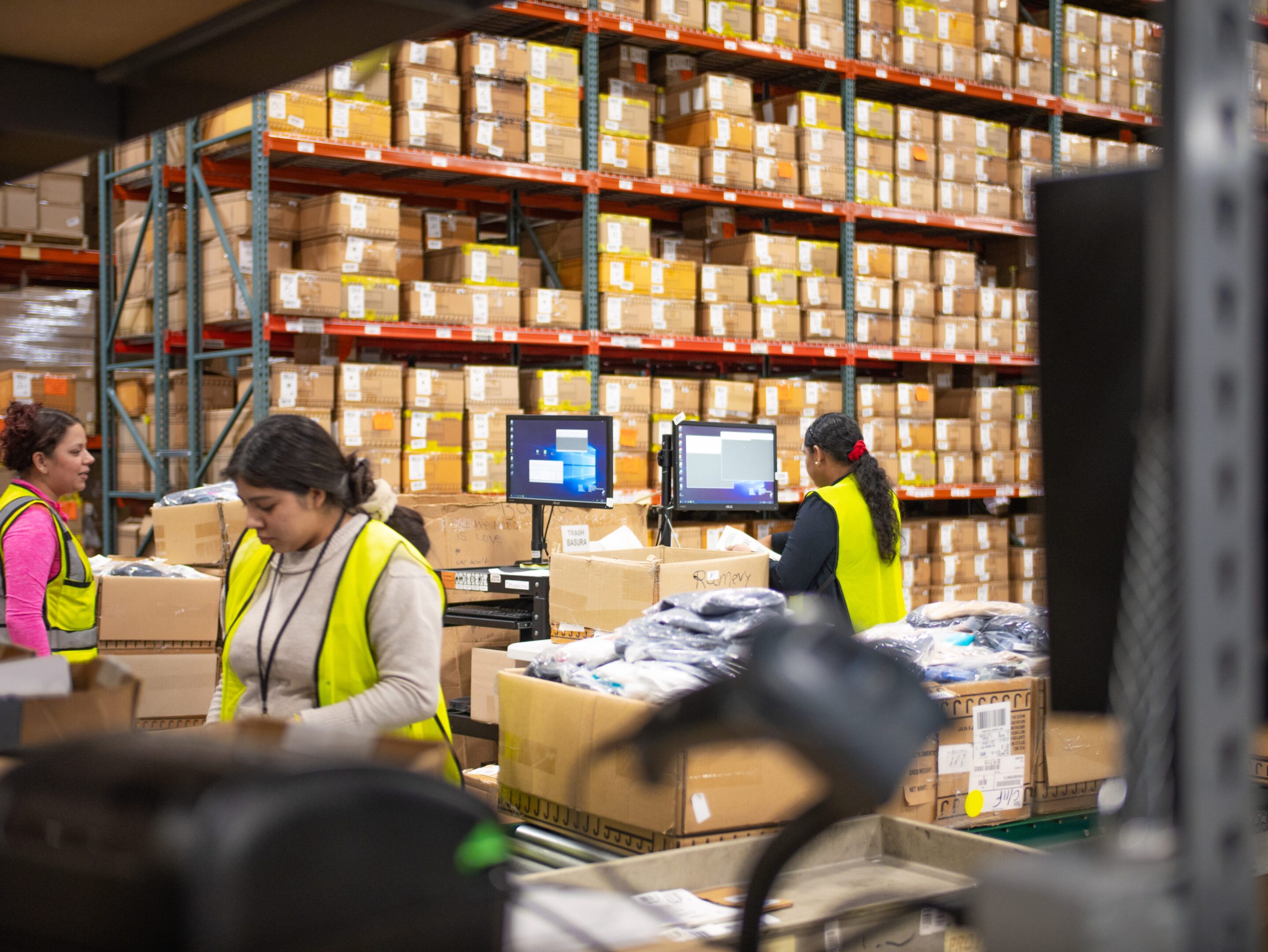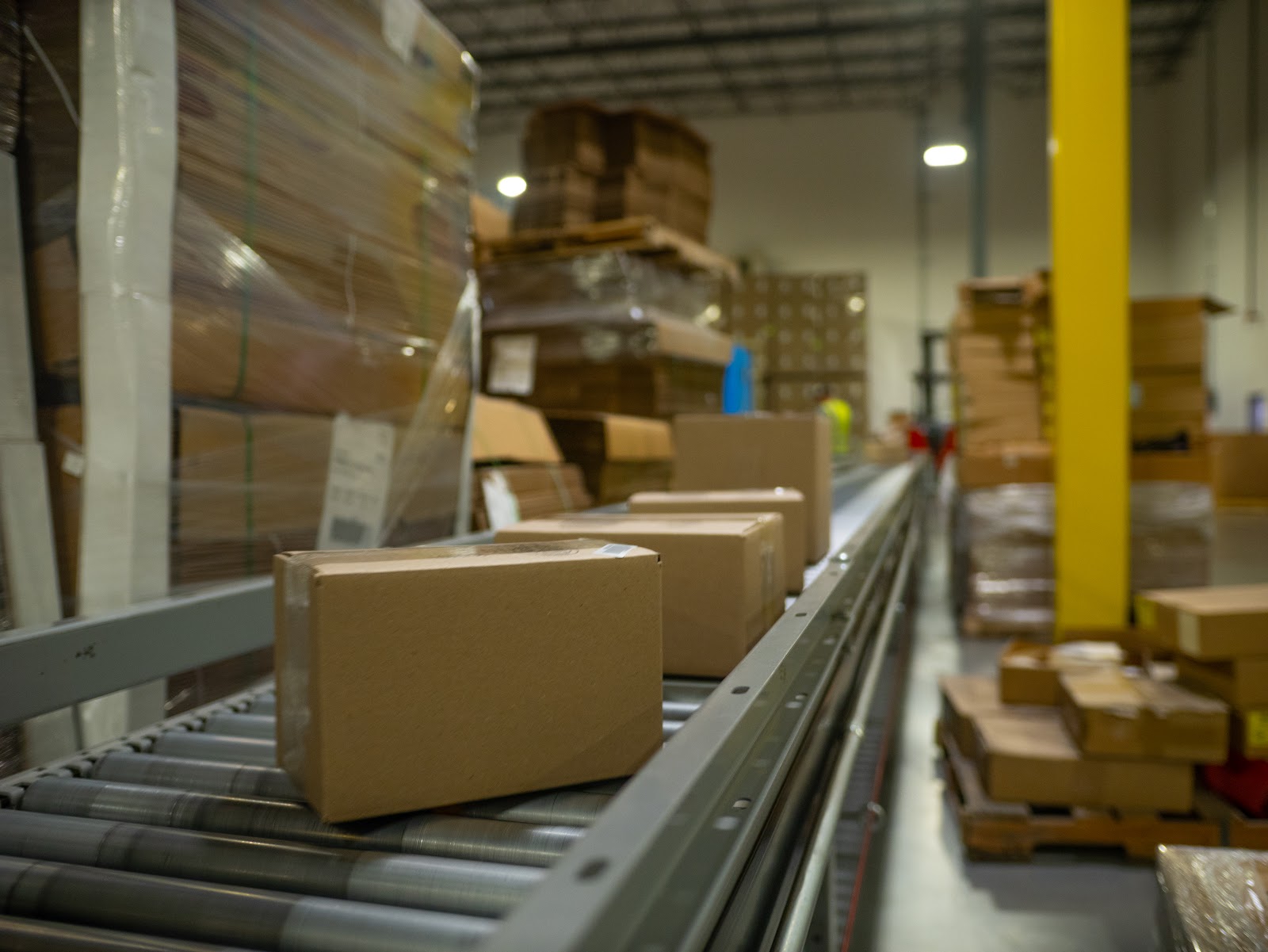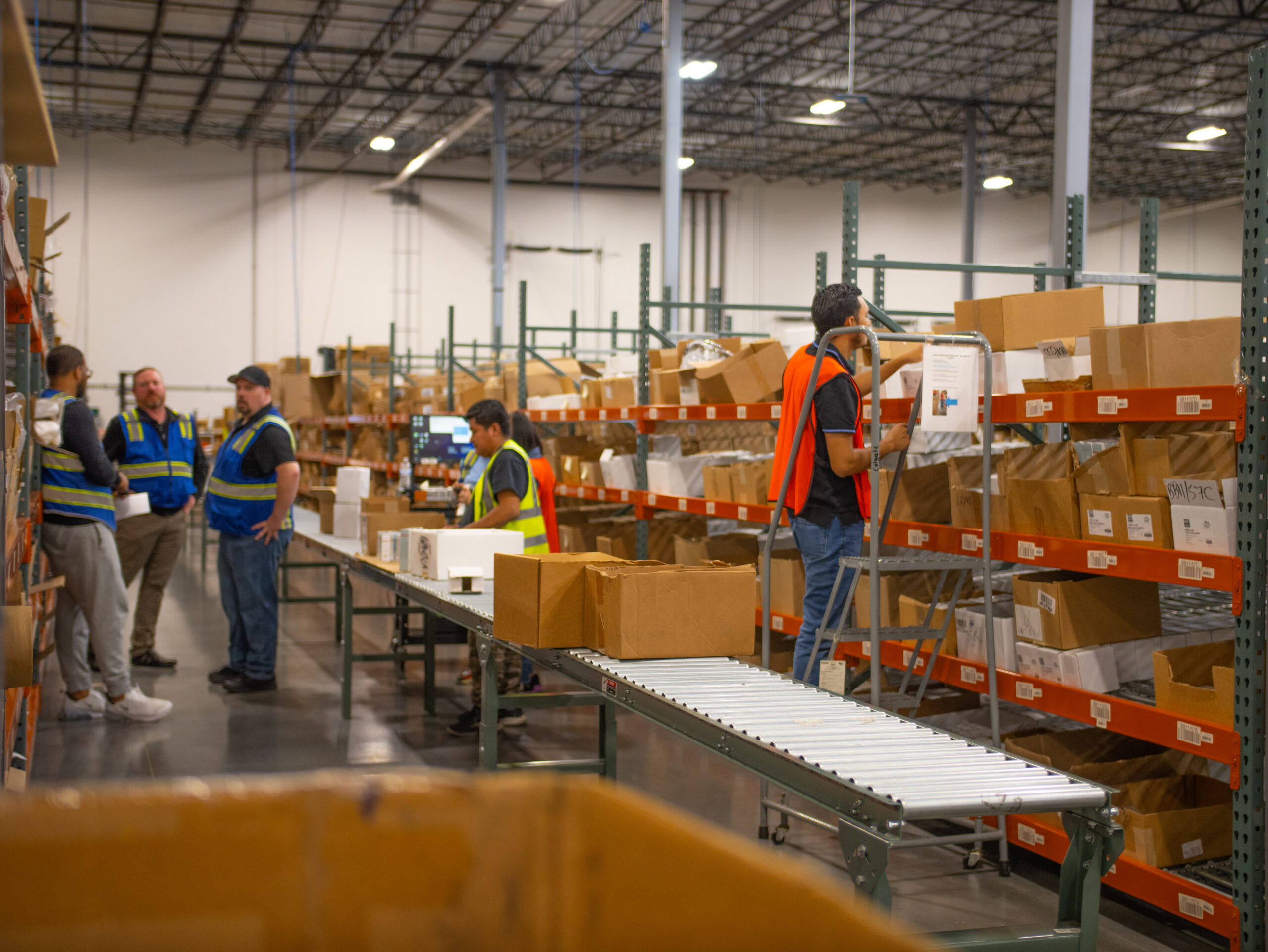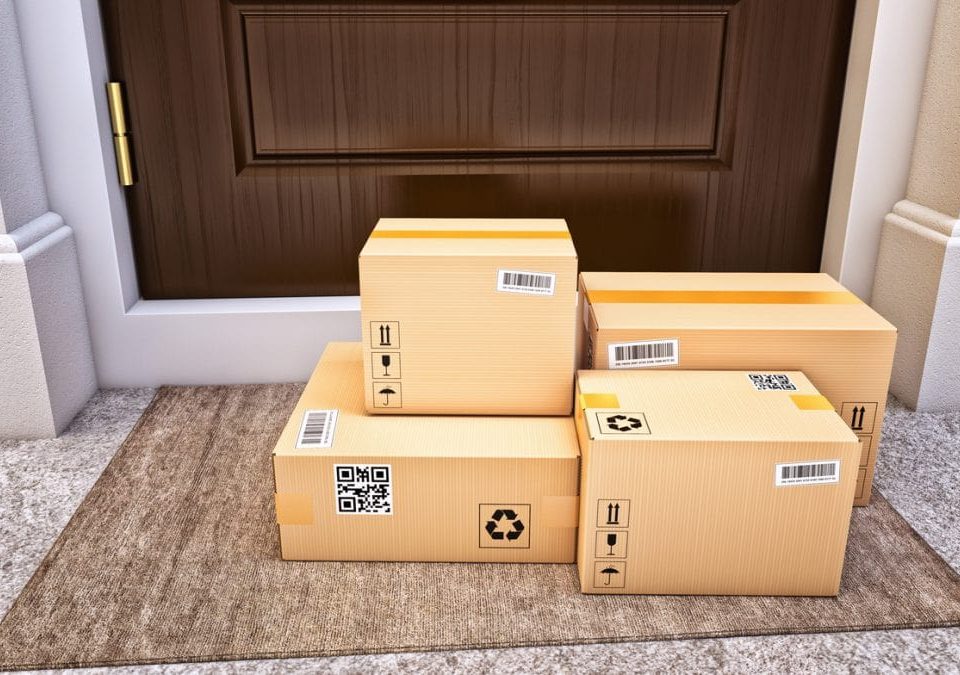Those involved in e-commerce both retailers and fulfillment service providers, have a vested interest in combating counterfeit products and pirated goods. These entities want to ensure product quality, and make sure such goods do not enter the stream of commerce. This has been a growing problem and recently the Department of Homeland Security (DHS) submitted its report on “Combating Trafficking in Counterfeit and Pirated Goods” to the President. That report outlines government actions that DHS and other federal agencies can begin executing immediately and a proposed set of best practices for private sector stakeholders that DHS recommends be adopted swiftly.
With so much focus on trade initiatives, the White House Office of Trade and Manufacturing Policy is pushing to implement the recommendations of the report. Ultimately, the goal is combating counterfeit products. One of the primary areas of focus in the report is domestic warehouses that provided fulfillment services and/or handle and store products intended for e-commerce. The objective is to reach beyond the owner of the possible counterfeit product (particularly when the owner is a foreign seller) to the warehouse where such product is located. The endgame is to create a Customs and Border Protection (CBP) data base that is able to identify locations where suspected counterfeits are stored.
Some of the regulatory actions proposed to aid in combating counterfeit products include:
Ensure Entities with Financial Interests in Imports Bear Responsibility.
- “CBP will treat domestic warehouses and fulfillment centers as the ultimate consignee for any good that has not been sold to a specific consumer at the time of its importation. As discussed in this report, counterfeit products evade detection and sit in fulfillment centers waiting for purchase by a consumer. By treating domestic warehouses and fulfillment centers as consignees in such circumstances, CBP can enhance their ability to identify Section 321 abuses consistent with current authorities, as well as use its other statutory and regulatory authorities to combat trafficking of counterfeit goods in the possession of domestic warehouses and fulfillment centers.”
- “DHS will encourage platforms and other third-party intermediaries that own or operate warehouses or fulfillment centers to pursue, in coordination with rights holders, bulk abandonment and destruction of contraband goods that were not interdicted by CBP but are in the platform’s or other third-party intermediary’s possession in a warehouse or fulfillment center.”
Enhanced Data Requirements.
- “Enhanced Data Requirements. Upon collection of adequate amounts of data through the Section 321 Data Pilot to identify gaps in the current data collection framework, but no later than six months from the issuance of this report, CBP will, consistent with applicable law, take all necessary steps — including, as applicable, issuing a notice of proposed rule-making — to initiate a new data collection process. This process will include collecting certain information from domestic warehouses or fulfillment centers about third-party sellers in transactions for which the third-party seller utilizes a domestic warehouse or fulfillment center to store inventory for further sale to domestic consumers. The collection will also include data that sufficiently identifies the third-party seller and the nature and value of the imported merchandise, as well as other information that is necessary to determine the responsible party for Section 321 eligibility purposes, consistent with existing legal authorities. As appropriate, the domestic warehouse or fulfillment center may be deemed the “person” for Section 321 eligibility if the warehouse or fulfillment center fails to provide CBP with such information.”
In addition, the report suggests the following best practices for e-commerce platforms and third-party marketplaces, some of which may be applicable to fulfillment centers and warehouses.
- Comprehensive “Terms of Service” Agreements
- Significantly Enhanced Vetting of Third-Party Sellers
- Limitations on High Risk Products
- Efficient Notice and Takedown Procedures
- Enhanced Post-Discovery Actions
- Indemnity Requirements for Foreign Sellers
- Clear Transactions Through Banks that Comply with US Enforcement Requests
- Pre-Sale Identification of Third-Party Sellers
- Establish Marketplace Seller IDs
- Clearly Identifiable Country of Origin Disclosures
As a leader within the International Warehouse Logistics Association, IDS has been asked to participate in lead discussions with DHS on how best to implement the recommendations, contained in the study, within the 3PL fulfillment industry, in order to provide maximum benefit while recognizing the limitations inherent in the fulfillment service provider’s role under UCC Article 7.
Everyone involved in e-commerce has a vested interest in combating counterfeit products and pirated. All entities in shipping fulfillment services must ensure product quality for the benefit of the consumer. IDS is happy to be asked to participate in this important endeavor. If you would like to learn more, Contact IDS Fulfillment Services to make sure your fulfillment services are held to the highest standard!











